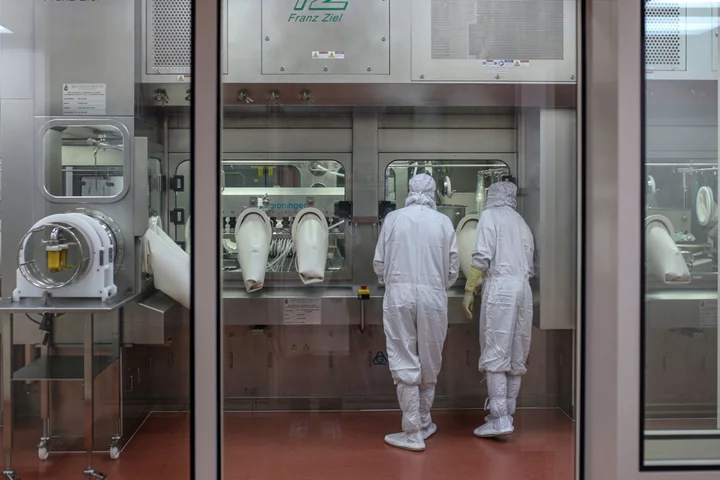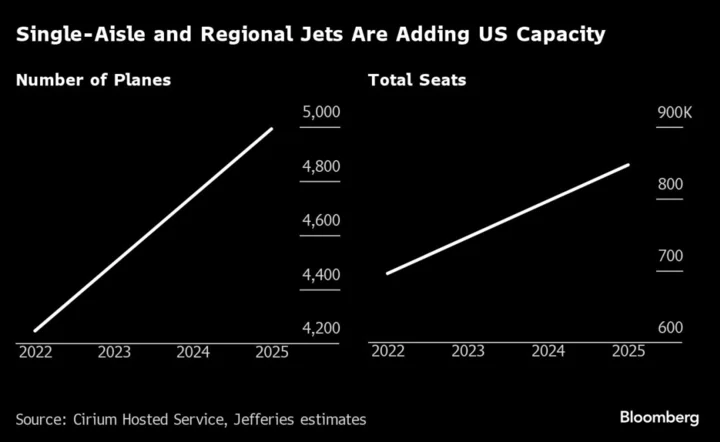A CEO whose company says its artificial intelligence products are tools “that people can rely on” warned senators Tuesday that AI is much closer than anticipated to overtaking human intelligence and even helping to produce weapons of mass destruction.
Dario Amodei, chief executive officer and cofounder of Anthropic, cited the need to reduce AI’s short-term risks of bias as well as longer-term risks to humanity. He told a Senate Judiciary Committee panel Tuesday that the medium term poses the most “alarming combination of imminence and severity” — including the possibility that malign actors could harness AI to make it easier to produce biological weapons.
He urged passage of legislation to avoid global risks from computer systems that he said even their creators might not understand.
Amodei, whose AI company is structured as a “public benefit corporation,” recommended US policies to secure AI supply chains — from the semiconductors that provide computing power to their resulting models. He told the Subcommittee on Privacy, Technology and the Law that those policies would “help give America enough growing room to impose rigorous standards on our own companies” without ceding ground to adversaries. That should be accompanied by testing and auditing for the most powerful AI systems, a process that should be supported by government funding, he said.
Senator Richard Blumenthal, the Connecticut Democrat who chairs the subcommittee, compared this moment to Congress’s past failure to regulate social media or provide the most basic data privacy protections for American consumers.
Recognizing that the pace of AI innovation has far outpaced Congress’s ability to pass binding regulation, the Biden administration last week secured a series of commitments from leading AI companies — including Anthropic — to allow external auditing, label AI-generated content and invest in security, among other measures.
Read More: Biden Vows to Stay ‘Vigilant’ on AI as Firms Unveil Safeguards
Blumenthal nodded to this pledge, which was endorsed by OpenAI, Alphabet Inc.’s Google, Microsoft Corp., Meta Platforms Inc. and Amazon.com Inc.. But he said Congress still needs to step in to regulate the technology.
“These commitments are unspecific and unenforceable,” Blumenthal said. “I know there are doubts about Congress and about our ability to act, but the urgency here demands action.”









